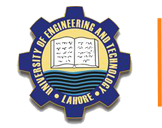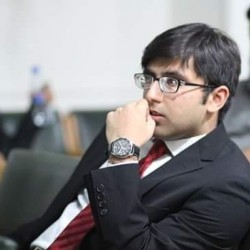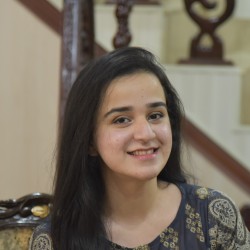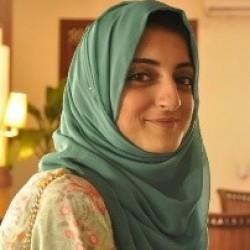Abstract: | Cancer is a multi-factorial pathology arising from a combination of anomalies at genetic,
proteomics and metabolomics levels. Modern dietary and life-style preferences have led to a
rapid increase in the risk of developing cancer. Clinical data shows that cancer incidence has
risen manifolds over the past few decades across the globe, and an ever-increasing number of
cases are being reported every day. Cancer care, in general, is an extremely costly proposition.
Moreover, the treatable patients are met by an astronomical financial burden without any
guarantees for an assured cure even after affording the treatment. This dire situation calls for
out-of-box approaches towards developing affordable and patient-specific cancer therapeutic
paradigms. For that, an integrative computational systems biology approach with a capacity to
capture the spatiotemporal subtleties of cancer is quintessential. Till date several salient
biological modelling and simulation tools have been developed including CHASTE, CompuCell,
ELECANS, Repast, BioFVM, etc. Although, these platforms offer varying degrees of modelling
coverage, and next-generation oncology data integration, however, their resulting models lack
conformation and standardization. Also, the front-end user-interfaces offered by these platforms
are unintuitive and not conducive to use by a layman researcher. Last but not the least, the
simulation runtime performances of these platforms are not at pace for modelling biological
entities in real time. Towards addressing these issues, we propose TISON-Theatre for in silico
Oncology; a platform to equip clinicians with a multi-scale cancer modelling platform for disease
prognosis and therapeutic evaluation. The envisaged platform not only improves upon the preexisting
modelling features present in the platforms, but also introduces several novel modelling
and simulation strategies. TISON is a web application which includes (i) an integrating gene and
protein networking editor, (ii) a cell circuit designer, (iii) a cell modelling editor, (iv) a tissue
designer and assembler (v) a GPU-based high performance core (vi)
ser interface, (vii) a wet-lab data integration
framework and many more, all designed towards evaluating patient-specific drug synergies. |






